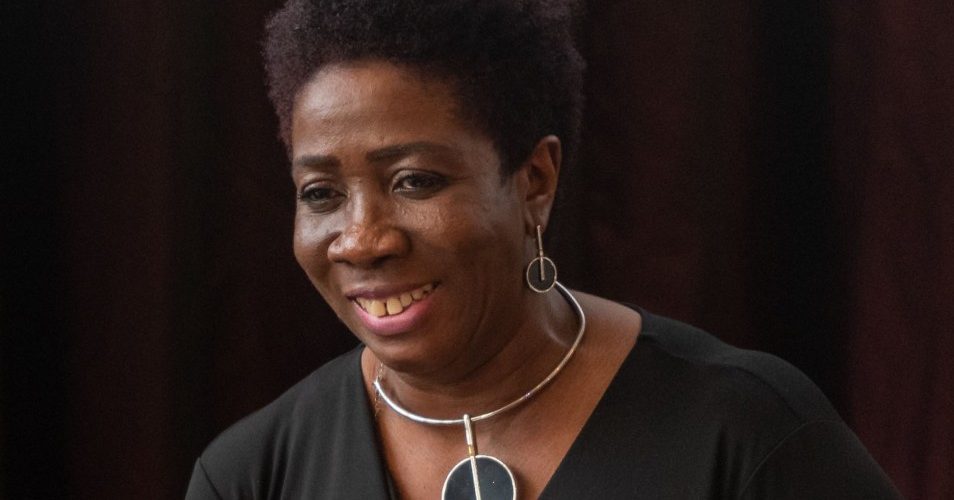
To celebrate Black History Month. we’ve spoken to some of the inspirational black women who work at Learning Disability Network London. Evelyn is a team manager who works in one of LDN’s supported living residences.
It is a time to reflect on the rich history of my people and a recognition not only of the struggles but more importantly of our achievements and the milestones we have celebrated as a community that is full of beauty, talent and resilience.
Black History Month is also an opportunity to celebrate what we have in the present and appreciate what this could mean for our future while honouring those who have paved the way for us.
Maya Angelou. I admire how she constantly used her voice and understood the importance of that – no matter what her circumstances were. The power and beauty behind her words continues to inspire and encourage generations of the black diaspora to this day.
The way in which she unapologetically advocates for herself and those who experience discrimination is both touching and motivating and her unfailing commitment to visualizing a better future for herself is something that resonates with me.
I really admire Mary Seacole – a nurse and writer who helped people during the Crimean war. She inspires me because she reflects a reality that many black women still experience today no matter what sector they are in: the constant burden of breaking barriers. Her unconditional kindness and perseverance is inspirational.
Her story resonates with me as someone who also came to the UK and works in health care. Her bravery is one of the many reasons why she is a wonderful person to model my own care journey around.
Though we have come a long way, we have not yet achieved complete racial equality. Many studies and reports such as the Commission on Race and Ethnic Disparities show this. There are many minorities, including black people, who still have to deal with the daily reality of discrimination both on a personal / individual level and on a systematic level, no matter capacity they interact with the health sector in.
It is always important to be consistent in fostering a culture of cultural appreciation. When interacting with the people we support, understanding the person as an individual and caring about the things that matter to them, such as their ethnic background and upbringing, is important in creating a space where they feel respected, valued, and safe. Employees should also be encouraged to value diversity and respect the contributions of their peers. They should not be afraid of valuing their differences because ‘not seeing colour’ does nothing but diminish the experiences and everyday realities of the people they work with.